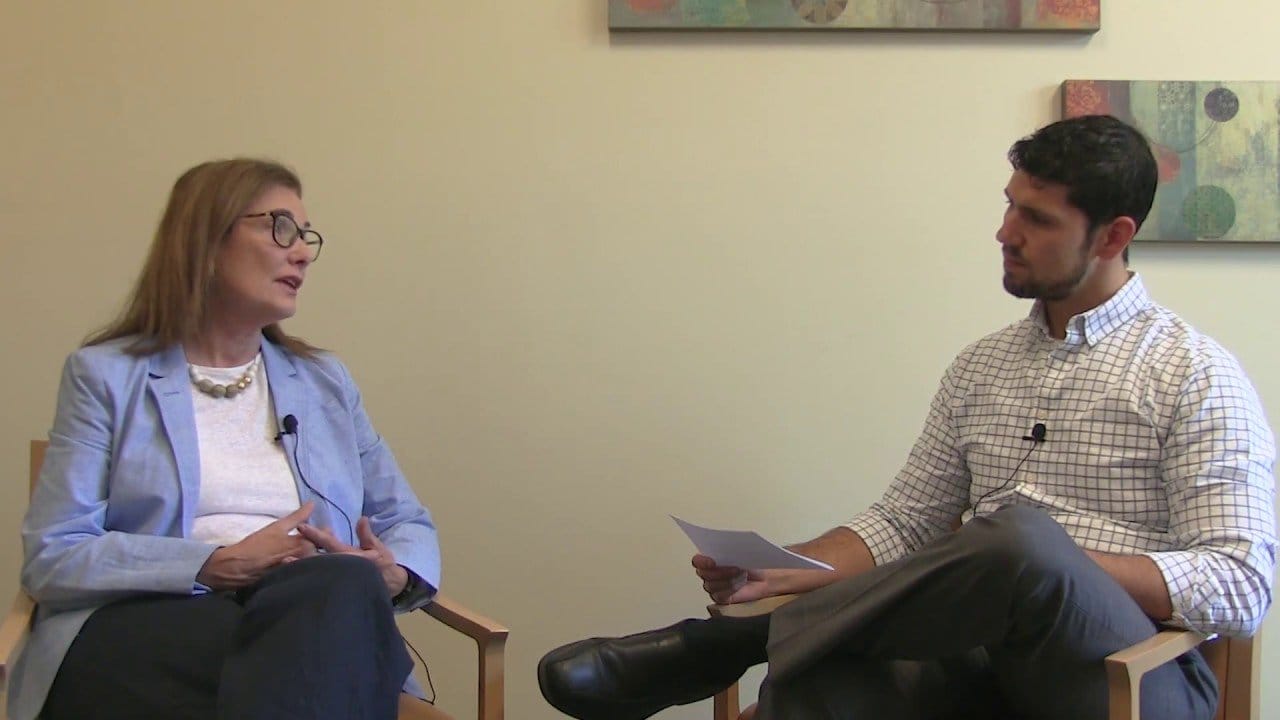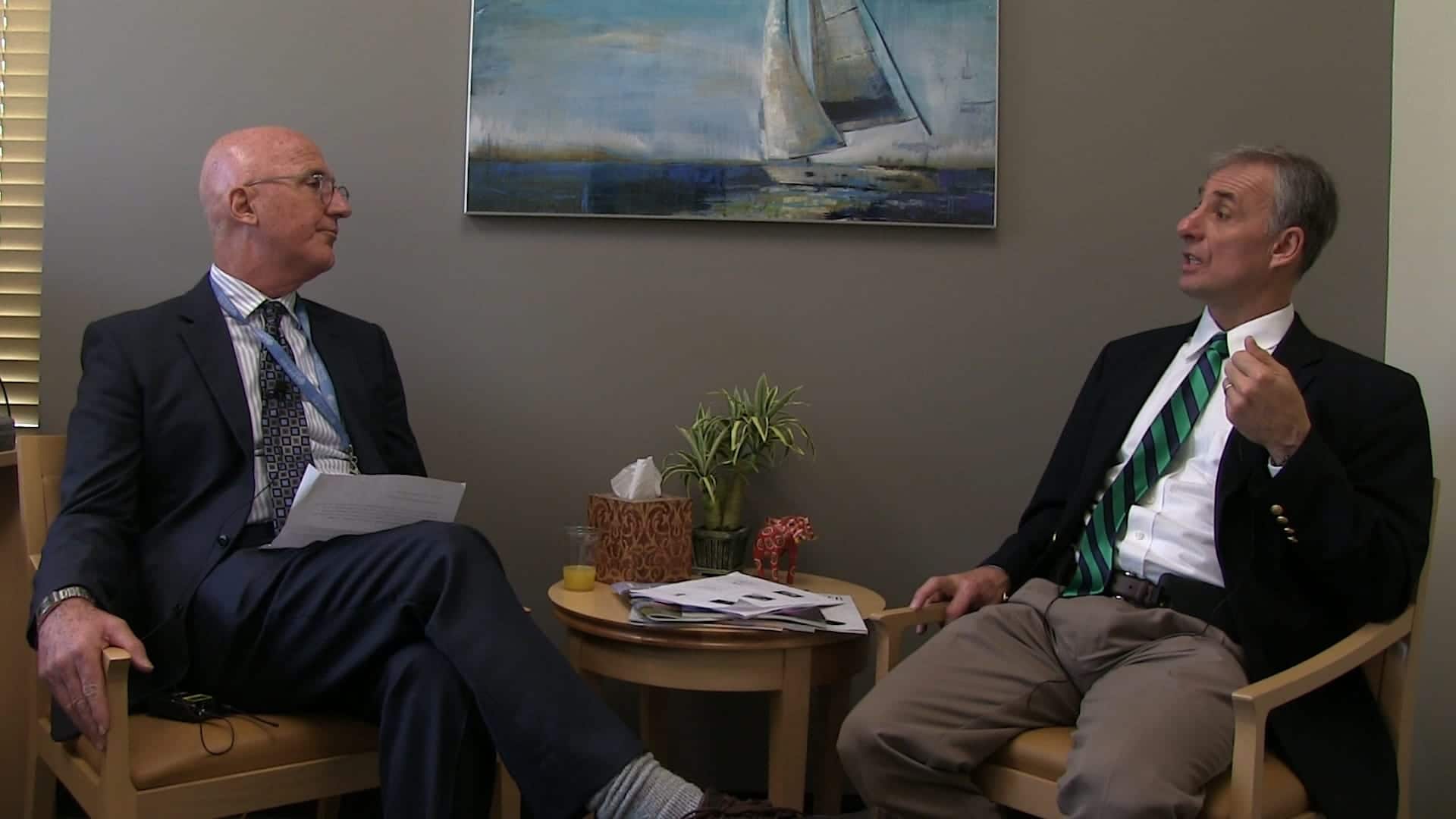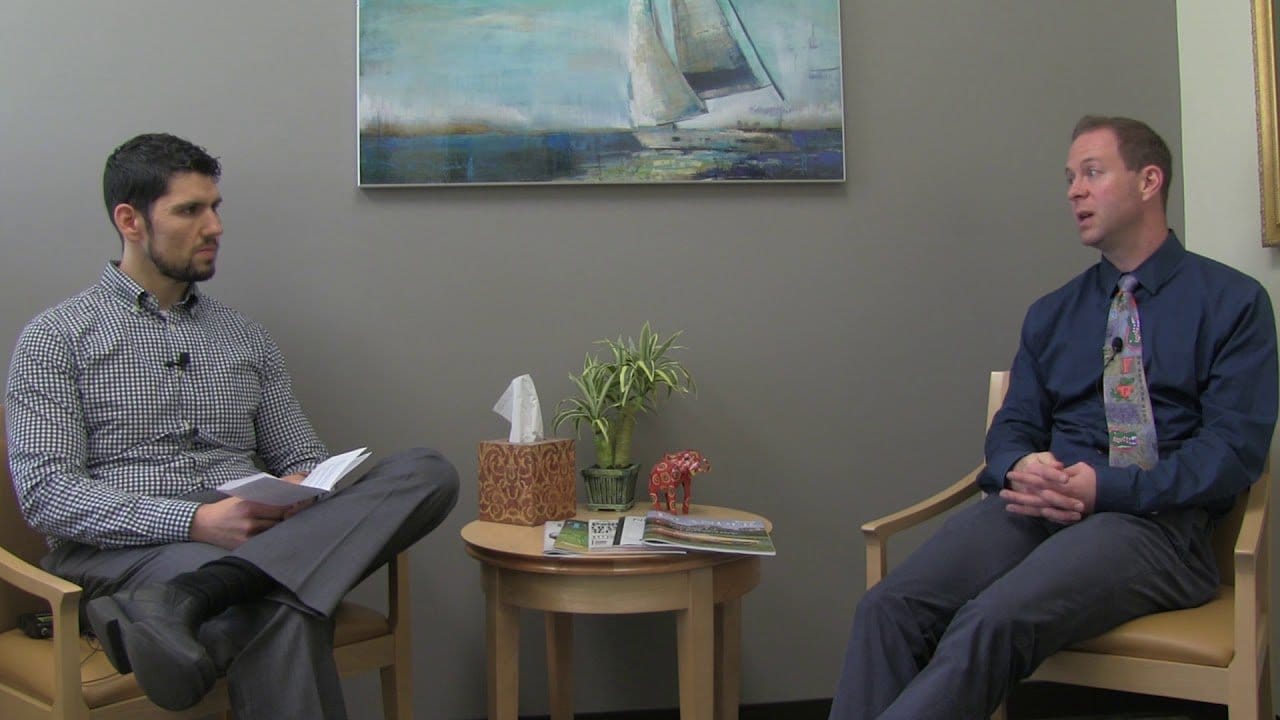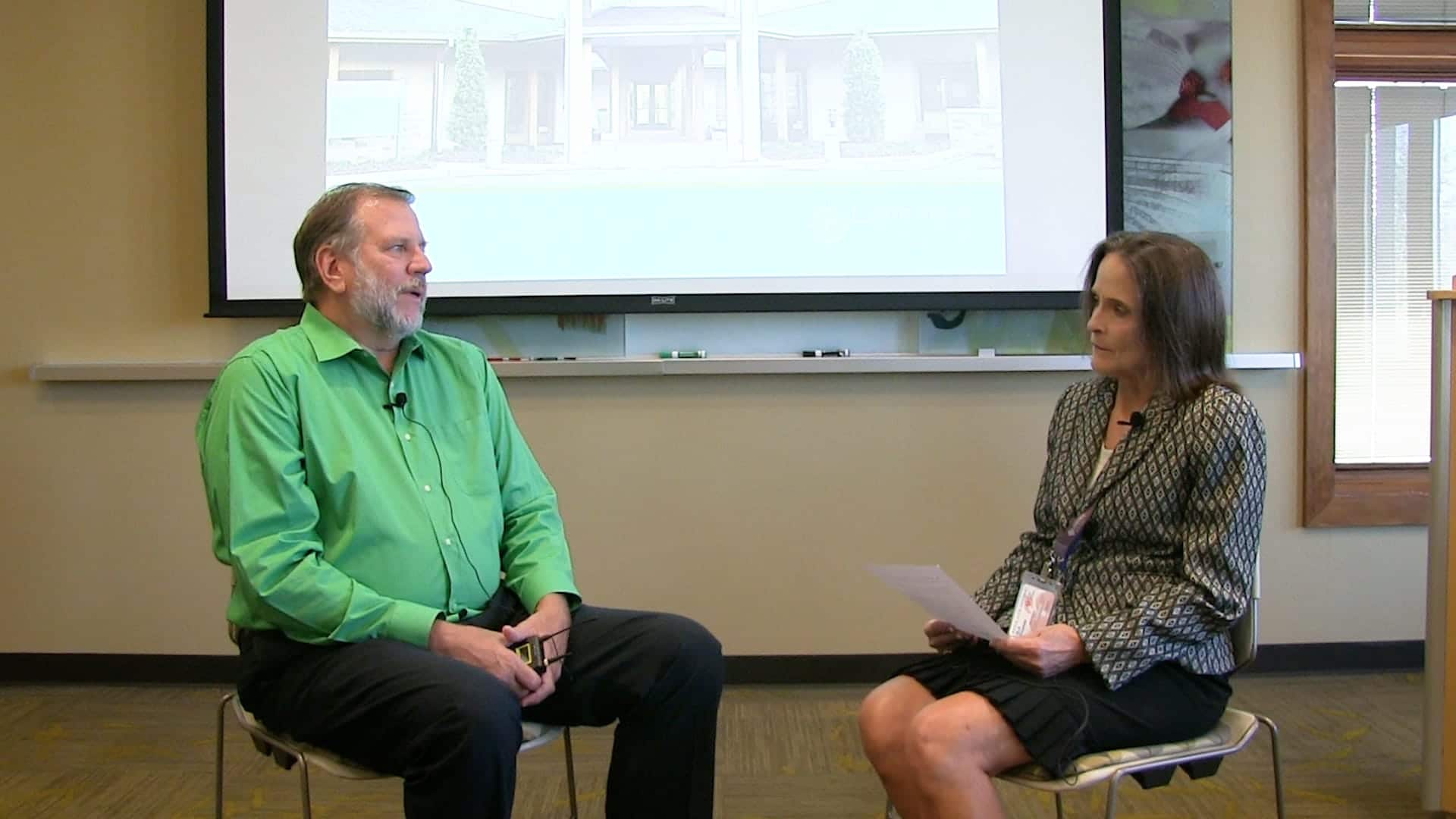Gina is joined by Melanie Short, of Short Interventions, who explains her Love First model of interventions and what inspired her to work with people in recovery.
Interview
Gina Thorne: Hello everyone, this is Gina Thorne and welcome again to the Lakeview podcast series. I’m joined today with Melanie Short, Interventionist with Short Interventions in Greenfield, Indiana. It’s nice to meet you, Melanie. So you’ve come all the way from, I call it, “The Great White North,” down to sunny Jacksonville, Florida, to visit us and learn more about your program, but we’re here today to learn about Short Interventions. I noticed on your website that you’re an LCSW, and that you’ve worked in the mental health and addiction field for a while. So what inspired you to work with people in recovery?
Melanie Short: Well, I have a lot of family members who had addiction. My dad is an alcoholic; he got sober when I was about three, so I’ve always had a lot of gratitude for that, knowing that my life turned out a lot differently than it would have had he not made that choice. He was intervened on, kind of by my mom, informally, and by the legal system, so he had to make a choice and he chose to get sober and has been doing great ever since. Then, like any good alcoholic’s daughter, I got into a relationship in the past with someone who had alcohol and drug addiction and found myself really codependent. I did all the enabling, I’ve been there, I totally get it. So it really makes me want to help the families. I feel like I was there at one point and had to make some really tough choices to change my behavior in order to get well and so I love the part of interventions that I get to help family members do the same thing. They get to get healthy no matter what their loved one chooses to do. Normally, in most situations, the loved one gets help too, so it’s a great byproduct of all the family work that we do.
Gina: I think it’s important for listeners to understand that when you’re dealing with addiction, it’s not just about the individual; that it is a family disease. And what you’re speaking to is recognizing that the family has to do their work while the person is in treatment. It can’t just be a one-sided deal. So it sounds like you certainly have personal experience with it, but then your training contributes to that, which is great.
Melanie: Yeah, the families I work with, most of my work when I’m doing an intervention is with the family. Most of the planning and prep is with the family and then the follow up, that works more with the client. Gina: That’s really good. So we’re speaking about you as an interventionist. You’re trained in the Love First model. And so, there’s lots of different models out there. So, people who are looking for interventionists, what could you say to us about the Love First model and how is it different?
Melanie: The Love First model is very similar to the Johnson model, so it pulls from lots of traditional models of intervention. It’s not an invitational intervention; it’s one that we will be doing as a surprise, but it’s very loving. The phrase is “Don’t forget the love,” because that’s really what it’s all about. We’re not going to be shaming, or blaming, or doing any of that back and forth nonsense. There’s plenty of that to go around anyway. That’s not going to help anybody. So it’s very loving; getting the family members to think about what it is that they love about this person, even though the situation might be very strained by that point, it’s usually kind of a last resort when people call me. So we are very loving. That’s the only way, you know, you kind of go around the addiction and reach for their heart is what you do. Usually you can see the connection happening and that’s why people say yes.
Gina: And it’s interesting, you mentioned the shame part of things because they go hand-in-hand with addiction, and so when you have somebody walking in to do an intervention, finding someone who is not going to build that shame piece in there, like you said, they carry that all on their own.
Melanie: Right. They don’t need anybody else. Shaming them and blaming them, I mean, this is a disease. It’s not a character defect, or a flaw, or a moral failing, or anything like that and I really want to get the families away from that. Away from, “ok, well they have a choice in this,” because by the time I’m in the situation with the family, the choice has really been taken away and there’s no reason to shame them about that.
Gina: That’s good. So, talking to the audience again, there are people out there listening that just don’t know what to do. Sometimes they hear about interventions from what they see on TV, so how do they discern how to find the right interventionist? What are things they need to be looking for when they’re looking for a good interventionist?
Melanie: I think somebody needs to be qualified, first of all. I think there are a lot of well-meaning people in the field who do interventions, but they might not be trained in mental health. They may have their own experience in recovery, and I think that’s fantastic, but you might run into lots of situations where there could be some sort of mental health issue going on alongside the addiction, so you have to know how to manage that crisis sometimes. So I feel like someone needs to be trained and have a licensure and have worked in the field some, but also really get addiction and the whole process of the intervention. It’s really about whenever there is a situation where the loved one who is addicted is not willing to get help, is the perfect time to call an interventionist to help, rather than waiting until you’ve tried everything because at that point it could be too late.
Gina: Right. Well that’s good information for folks to have. So I guess this leads into my final question that if someone needed to access services at Short Interventions, how could they get in touch with you?
Melanie: I have a website and they could go to it and email me or call me. All of that information is on there. So if they have questions or anything, they get me rather than an answering service. And I do travel. I get a lot of calls for the Midwest area, however, I’m willing to travel to see clients wherever I need to.
Gina: That’s wonderful. Well, thank you for taking time to visit with us and for those of you that are listening that would like to learn more about services at Lakeview, we invite you to visit us at LakeviewHealth.com or if you or someone you know is struggling with addiction and needs residential treatment, please give us a call at 866.704.7692.




